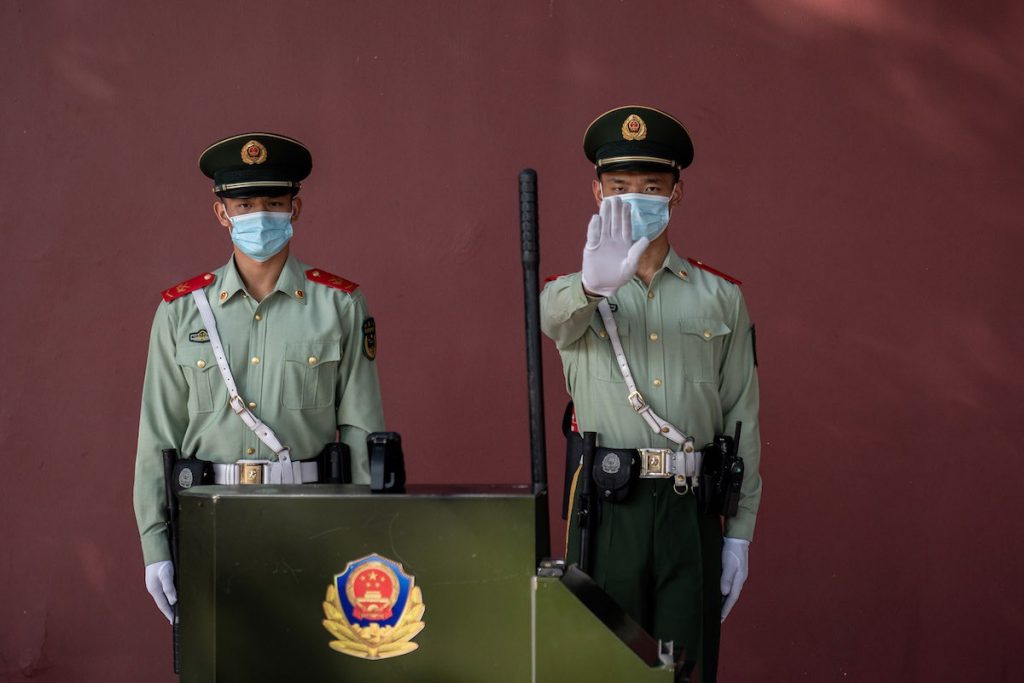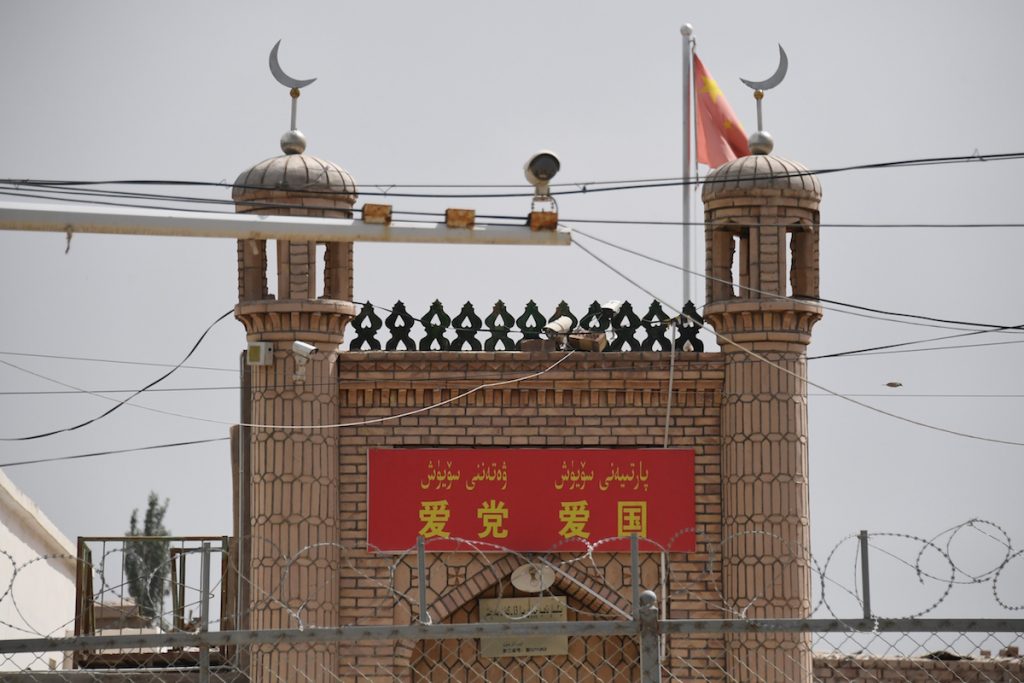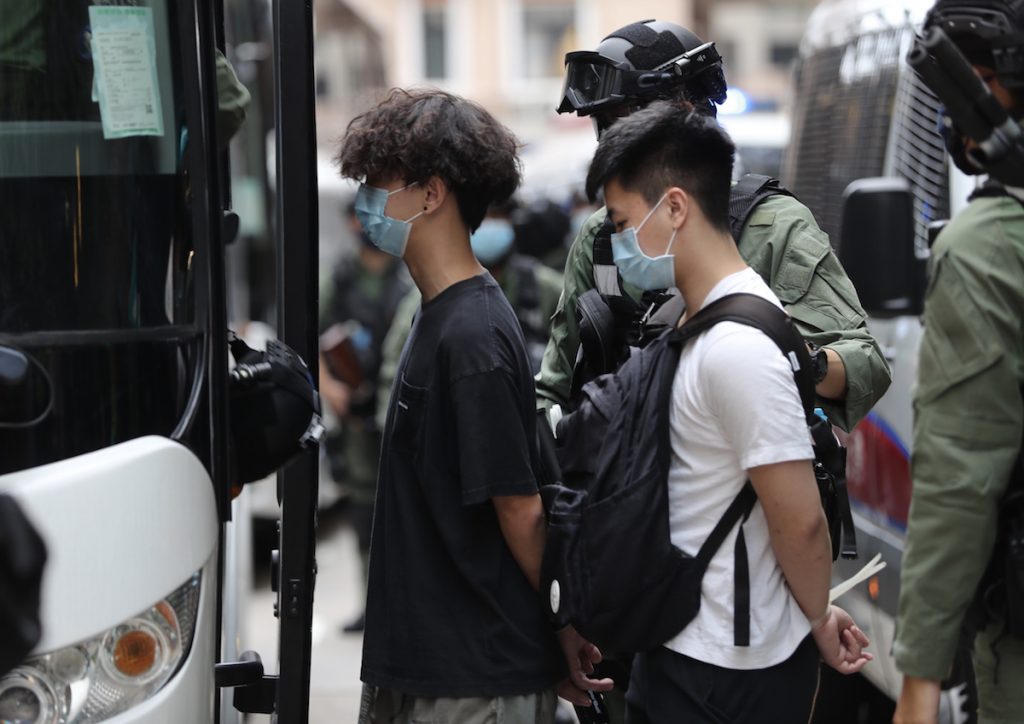
A growing number of UN member countries are calling on China to respect human rights and fulfill international legal obligations.
At least 39 countries have signed a cross-regional joint statement expressing concern over the human rights situation in China’s Xinjiang region and the recent developments in Hong Kong.
On behalf of the 39 countries, Germany’s ambassador to the UN, Christoph Heusgen, called on Beijing to respect the “rights of persons belonging to religious and ethnic minorities” in Xinjiang and Tibet, and “to uphold autonomy, rights, and freedoms in Hong Kong.”
The countries urged China to “allow immediate, meaningful, and unfettered access” for independent observers to Xinjiang where over a million Muslim Uyghurs and other minorities were reportedly detained.
“We are gravely concerned about the existence of a large network of ‘political re-education’ camps…. We have seen an increasing number of reports of gross human rights violations,” said Heusgen.
The countries condemned what they called as “severe restrictions on freedom of religion or belief and the freedoms of movement, association, and expression as well as on Uyghur culture.”
They noted that “widespread surveillance disproportionately continues to target Uyghurs and other minorities and more reports are emerging of forced labor and forced birth control including sterilization.”

The countries echoed the appeal from 50 UN human rights experts issued in June that called for the creation of a mechanism for monitoring human rights in China.
Heusgen said the countries are also concerned over Beijing’s National Security Law imposed in Hong Kong, which “do not conform to China’s international legal obligations.”
“We have deep concerns about elements of the National Security Law that allow for certain cases to be transferred for the prosecution to the Chinese mainland,” he said.
Among the countries that signed the statement are the United States, Japan, Canada, France, Italy, the Netherlands, and the United Kingdom.
The joint statement on Beijing’s alleged human rights abuses has drawn an immediate and angry reaction from China’s permanent representative to the United Nations, Zhang Jun.
Zhang said the allegations were “groundless” and accused the countries of “provoking confrontation” among UN member states.
“They spread false information and political virus, smeared China, and interfered in China’s internal affairs. China firmly opposes and rejects that,” Zhang said.
Xinhua news agency reported that a rival statement, signed by 45 countries led by Cuba, condemned the criticism on Beijing’s policies in Xinjiang, calling it as interference in China’s internal affairs.
Another statement denouncing the use of the situation in Hong Kong to justify alleged interference in China’s internal affairs was read by Pakistan’s envoy during the meeting.

Human Rights Watch said the joint statement of the 39 countries “shows that an increasing number of governments are willing to brave China’s threats and intimidation.”
HRW reported that some diplomats claimed China “had been warning delegations that supporting [the] statement could result in economic and political consequences.”
Louis Charbonneau, HRW’s UN Director, accused Beijing of “rounding up several dozen countries to praise it” in two separate statements.
“China’s support list reads like a virtual ‘who’s who’ of leading rights abusers, including Russia, Syria, and Venezuela,” said Charbonneau.
He said governments must “build on the growing outrage” and urge the UN “to establish without delay an international mechanism for monitoring rights abuses in China.”
Source: Licas Philippines
0 Comments